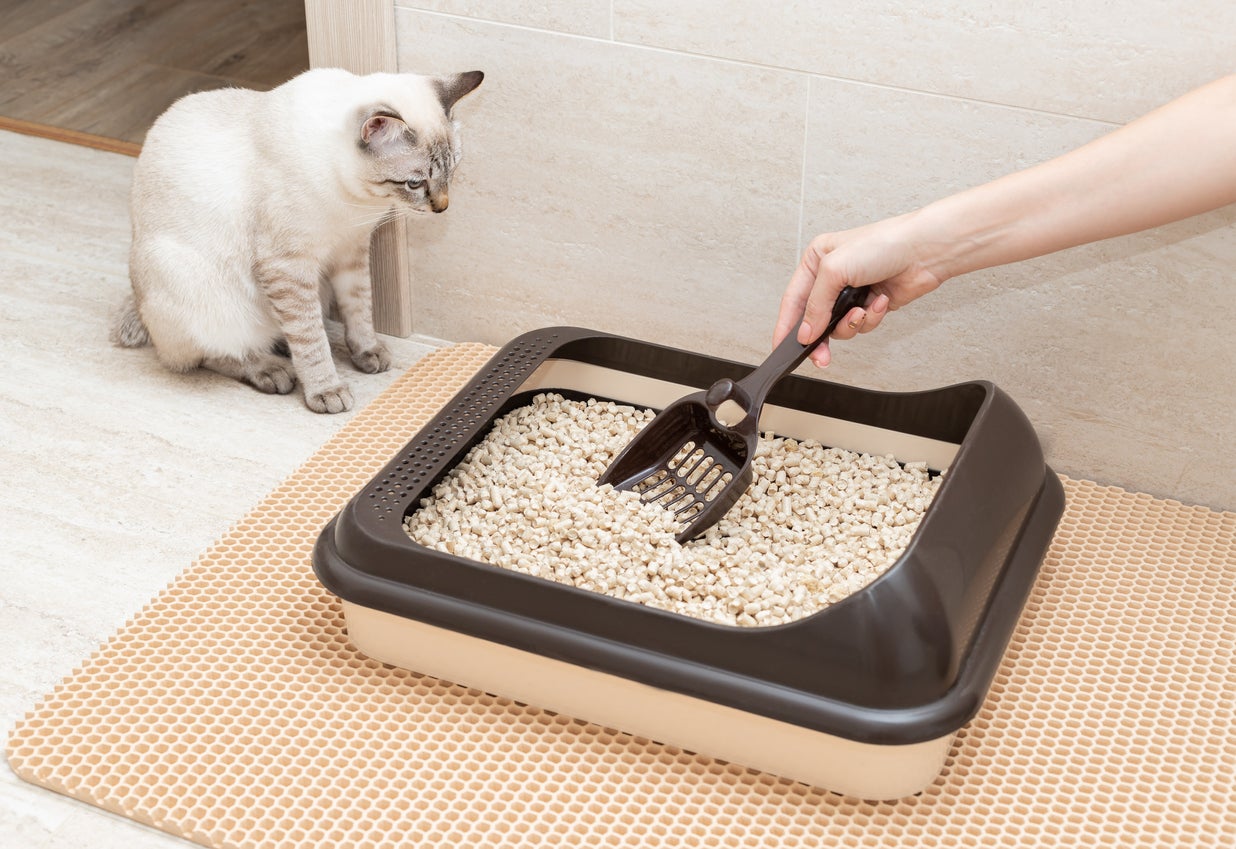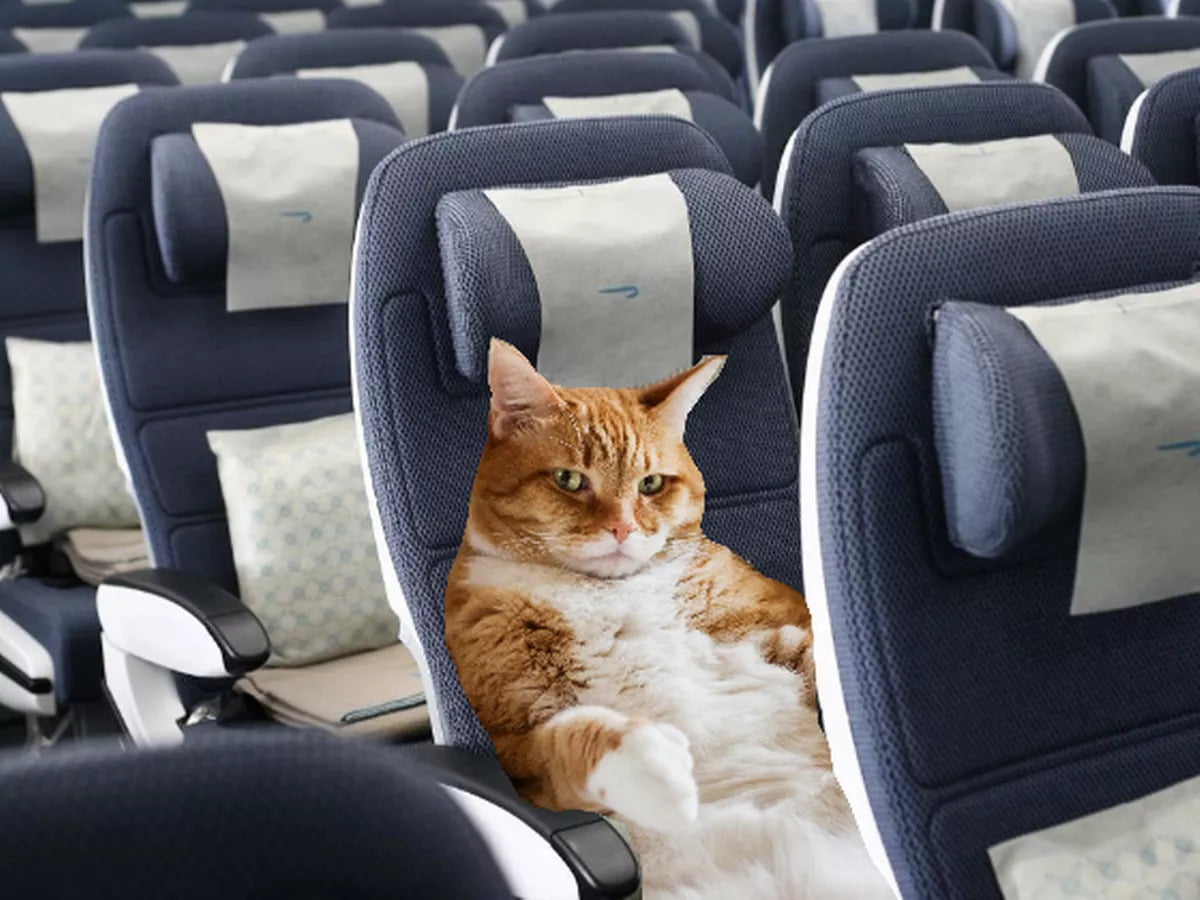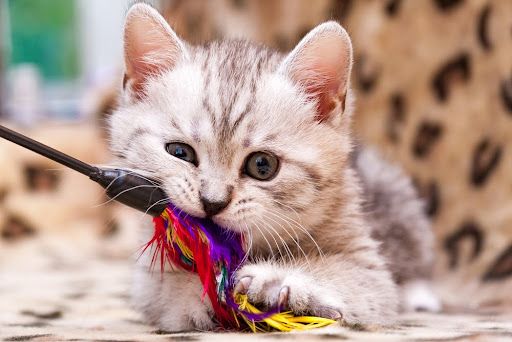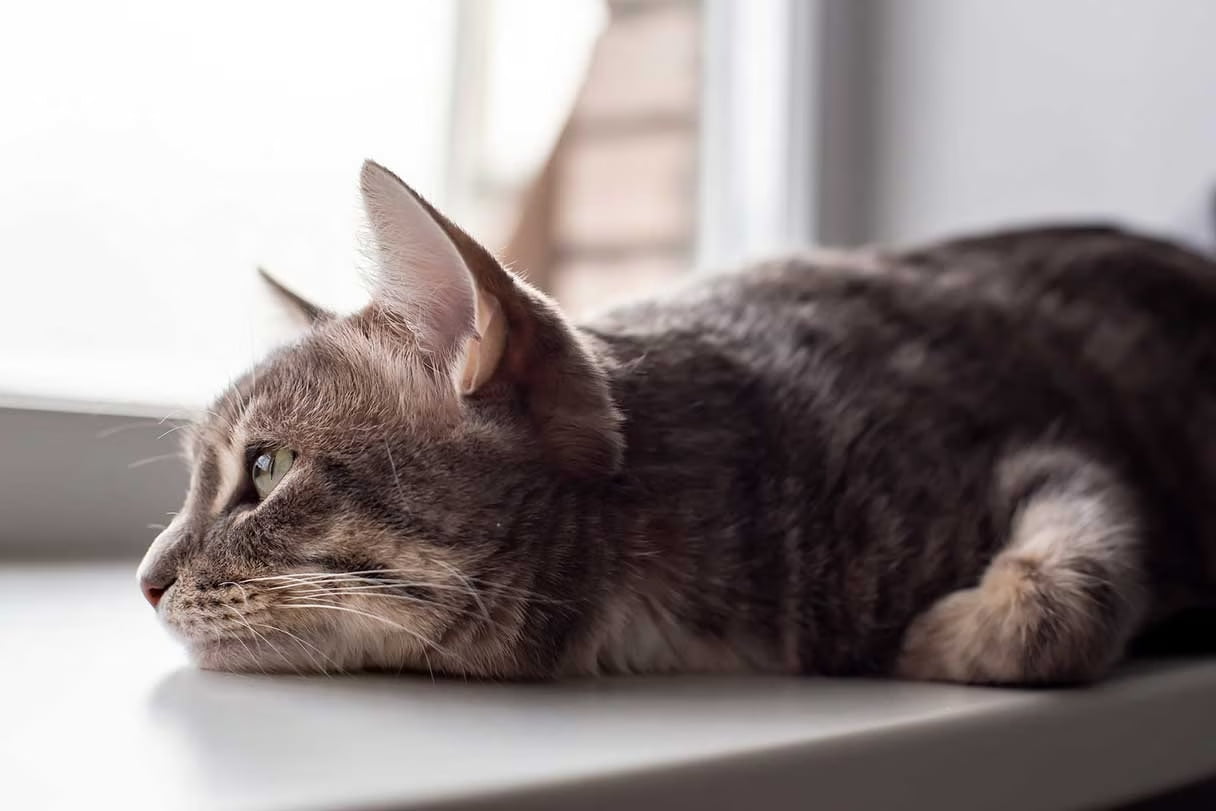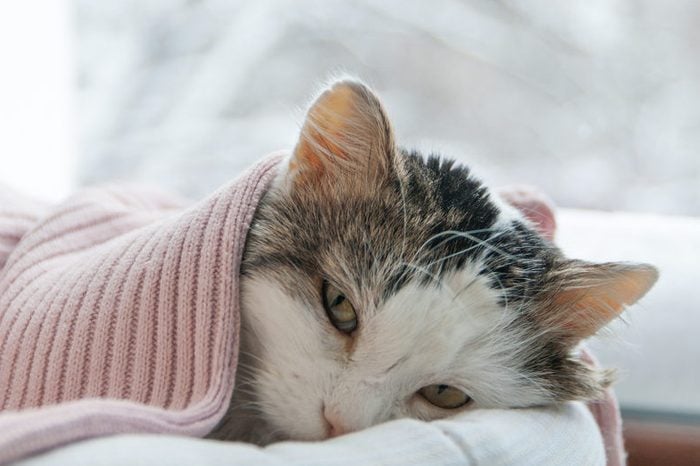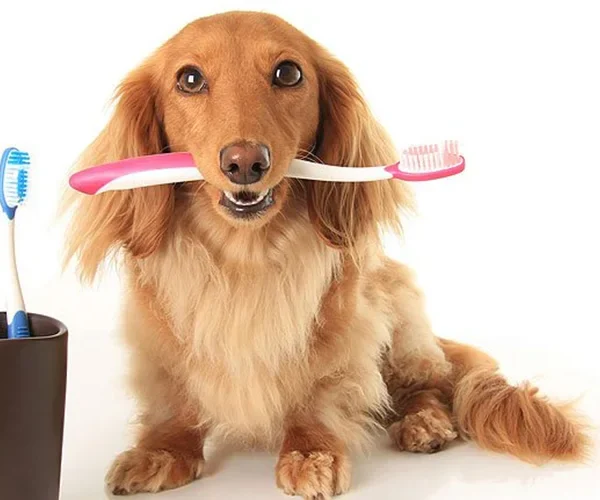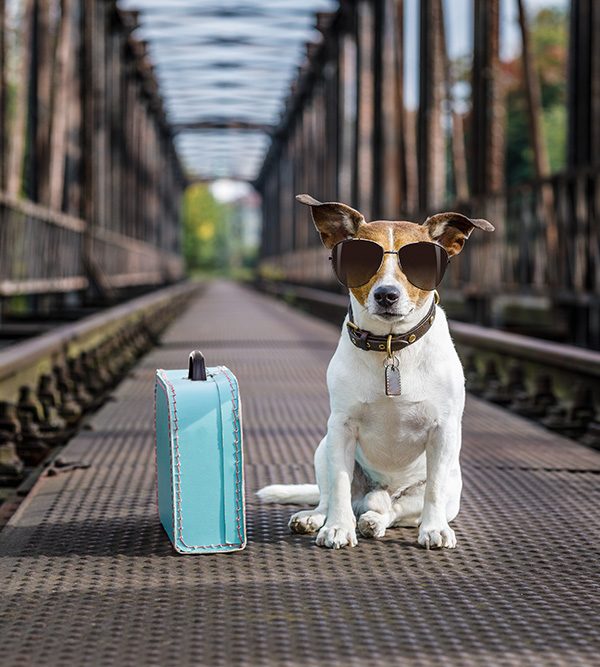Explore effective solutions to prevent accidents and encourage proper litter box use in cats, maintaining a clean and odor-free home environment.
Cat Litter Box Solutions
Having a cat as a pet can be a wonderful and rewarding experience. However, one of the challenges that cat owners often face is dealing with litter box issues. Accidents outside the litter box can be frustrating and unpleasant, but there are solutions to help prevent accidents and encourage proper litter box use. In this article, we will explore some effective strategies for maintaining a clean and odor-free litter box area.
Preventing Accidents and Encouraging Use
Here are some tips for preventing litter box accidents:
- Place the litter box in a quiet, private location. The location of the litter box is crucial. Cats prefer privacy when using the litter box, so place it in a quiet and low-traffic area of your home. Avoid placing it near loud appliances or in areas where there is a lot of foot traffic. Additionally, make sure the litter box is easily accessible for your cat at all times.
- Choose the Right Litter Box. The first step in preventing accidents is to provide a suitable litter box for your cat. Ensure that the litter box is large enough for your cat to comfortably move around and dig in. Some cats prefer covered litter boxes for privacy, while others prefer open ones. Experiment with different types of litter boxes to find the one that your cat prefers
- Keep the litter box clean. Cats are naturally clean animals and prefer a clean litter box. Scoop the litter box daily to remove clumps and waste. Regularly change the litter and thoroughly clean the litter box with mild soap and water to eliminate odors. Avoid using strong-smelling cleaning products or bleach, as these can be off-putting to cats.
- Provide multiple litter boxes. If you have multiple cats, it’s important to provide multiple litter boxes. Cats are territorial animals and may not want to share a litter box with other cats. Having multiple litter boxes ensures that each cat has its own designated space to eliminate waste, reducing the likelihood of accidents.
- Choose the Right Litter. There are various types of cat litter available, including clay, clumping, and natural alternatives such as wood pellets or corn-based litter. Experiment with different types of litter to find the one that your cat prefers. Some cats have sensitivities to certain types of litter, so it’s important to choose a litter that is comfortable for your cat to use.
- Provide Litter Box Options. Some cats may have preferences when it comes to the type of litter or the depth of the litter in the box. Provide different options and see which one your cat prefers. Some cats may prefer a shallow layer of litter, while others may prefer a deeper layer. By providing options, you can cater to your cat’s individual preferences and encourage proper litter box use.
- Address Stress or Anxiety. Cats can develop litter box issues due to stress or anxiety. Changes in the household, such as moving to a new home or the addition of a new pet, can trigger these issues. Provide a calm and secure environment for your cat and address any underlying stressors. Consider using pheromone diffusers or consult with a veterinarian for additional support.
- Address Medical Issues. If your cat is consistently having accidents outside the litter box, it’s important to rule out any underlying medical issues. Urinary tract infections, bladder stones, or other medical conditions can cause litter box problems. Consult with a veterinarian to ensure your cat is in good health and address any medical issues that may be contributing to the problem.
- Positive Reinforcement. When your cat uses the litter box correctly, provide positive reinforcement in the form of praise, treats, or playtime. This will help reinforce the behavior and encourage your cat to continue using the litter box.
- Seek Professional Help. If you have tried various strategies and are still experiencing litter box issues, it may be beneficial to seek professional help from a veterinarian or animal behaviorist. They can provide guidance and support in addressing the underlying causes of the problem and developing a tailored plan to resolve it.
Tips for encouraging your cat to use the litter box
Here are some tips for encouraging your cat to use the litter box:
- Place the litter box near your cat’s food and water bowls. Cats like to eliminate near their food and water, so placing the litter box nearby can help to encourage them to use it.
- Put your cat’s scent in the litter box. Rub your cat’s paws in the litter box to help them get used to the smell.
- Leave treats or toys near the litter box. This can help to make the litter box a more appealing place for your cat.
- Be patient. It may take some time for your cat to get used to using the litter box. Do not punish your cat if they have an accident. Just clean up the mess and try again.
If you have tried all of these tips and your cat is still having litter box problems, you may want to consult with a veterinarian. There may be an underlying medical condition that is causing your cat to avoid the litter box.
By following these tips, you can help to prevent litter box accidents and encourage your cat to use the box regularly. This will help to keep your home clean and your cat healthy.
Additional tips for dealing with litter box problems
Here are some additional tips for dealing with litter box problems:
- If your cat is having accidents outside of the litter box, try to identify the cause. Is the litter box dirty? Is it in a noisy or busy area? Is your cat feeling stressed or anxious? Once you have identified the cause, you can take steps to correct it.
- If your cat is refusing to use the litter box, try to make the box more appealing. Use a different type of litter, place the box in a different location, or add some toys or treats near the box.
- If you are still having problems, consult with a veterinarian. There may be an underlying medical condition that is causing your cat to avoid the litter box.
With a little patience and effort, you can help your cat to become a litter box user.

